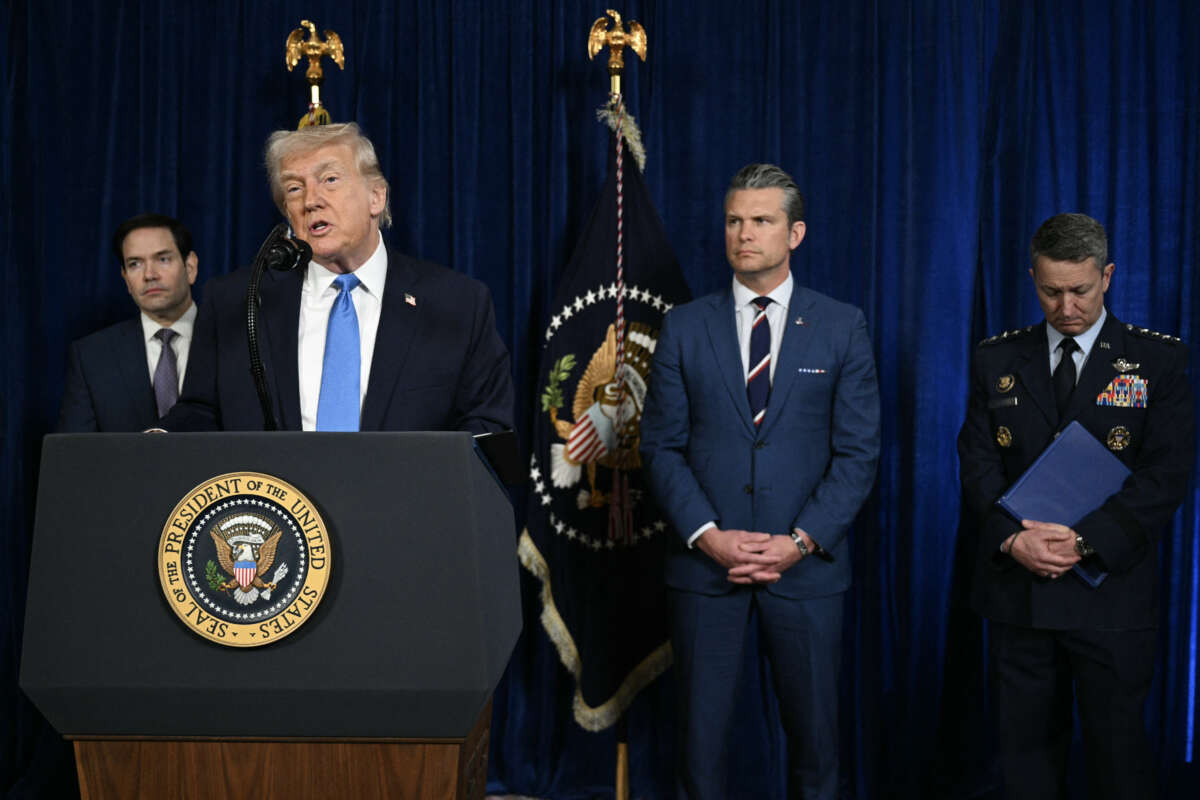Border searches of electronic devices in the United States have surged to unprecedented levels. In the fiscal year 2025, U.S. Customs and Border Protection (CBP) conducted over 52,000 searches at ports of entry, marking a 17% increase from the previous year. This trend, reported by WIRED, highlights a growing tension between national security and individual privacy rights.
Recent months have seen a particularly sharp rise in these searches. Between April and June 2025 alone, nearly 15,000 searches were performed, the highest quarterly total since 2022. This escalation raises significant concerns for travelers, especially those carrying sensitive information, such as business data or personal communications.
Legal and Ethical Implications of Device Searches
The authority of CBP to search electronic devices derives from long-standing exceptions to the Fourth Amendment, which permits warrantless searches at U.S. borders to combat threats such as terrorism and smuggling. Nevertheless, critics assert that this power is being misused in the digital age. In a landmark ruling from 2023, the case of United States v. Smith mandated that warrants are required for cell phone searches at the border. Despite this, CBP continues to employ broad search practices, defending them as essential for national security.
CBP guidelines state that these searches are critical “to keeping America safe in an increasingly digital world.” However, privacy advocates point out that the majority of these searches are relatively basic, involving manual inspection, while more invasive forensic examinations remain rare.
Legal experts from Northeastern University emphasize the complexities surrounding border searches. According to the ACLU of Texas, the government has long claimed that Fourth Amendment protections do not fully apply at borders. International travelers, particularly Canadians, are facing increased scrutiny. In 2025, the Canadian government updated its travel advisories, warning citizens to “expect scrutiny” from U.S. border officers, as noted by CBC News.
Privacy Concerns and Their Impact on Travelers
The fears surrounding privacy are palpable. Posts on social media platforms reflect public sentiment, with users expressing concern over the invasive nature of these searches. For instance, a post from Globalnews.ca in August 2025 highlighted the alarming rate at which U.S. border agents are searching electronic devices. Reports indicate that Canadians have experienced a particularly sharp increase in searches, raising concerns over discrimination and harsher scrutiny.
For professionals traveling with confidential information, this surge poses significant risks to corporate data security. Experts from Harter Secrest & Emery LLP advise individuals to consider the content of their electronic devices critically. Suggestions include utilizing burner phones or cloud storage solutions to mitigate the risk of direct access to sensitive data.
Technological defenses are also recommended. WIRED suggests enabling full-disk encryption and using passphrases instead of biometric locks. However, travelers must be aware that CBP can demand passwords, and refusal may lead to detention or denial of entry.
As the legal landscape continues to evolve, advocacy groups like the Electronic Frontier Foundation are pushing for nationwide warrant requirements for such searches. Meanwhile, CBP maintains that its practices are targeted and not random, indicating potential for ongoing legal battles.
Comparatively, Canada’s border agency faced significant restrictions after a court ruling struck down its ability to perform random searches. As technology advances and integrates more personal data, the stakes for privacy continue to escalate, prompting calls for updated legislation to balance national security needs with individual rights.
In conclusion, as border searches of electronic devices reach record highs, the implications for privacy and civil liberties are profound. Legal experts caution that while exceptions to search protocols exist, overreach could erode the very freedoms these laws are designed to protect. For travelers and businesses alike, staying informed and prepared is essential in navigating this increasingly complex digital frontier.







